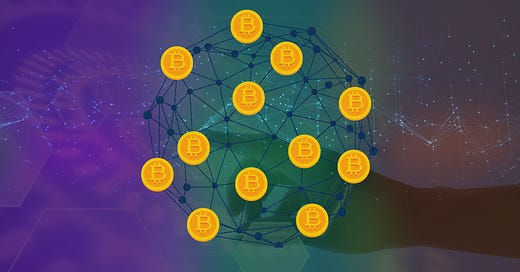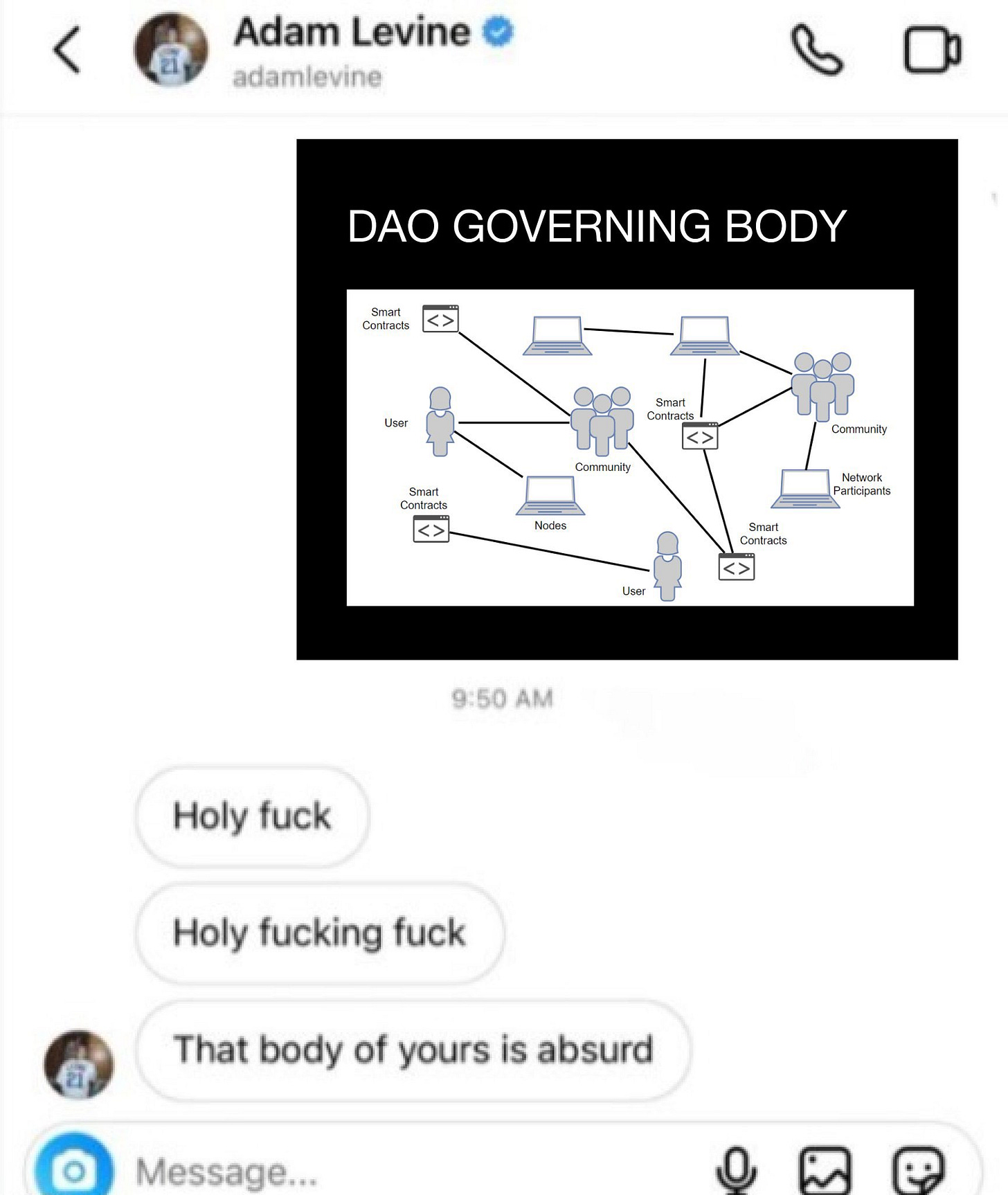Hey Bankless Africa fam,
Super excited to bring you another edition of the Growing Governance newsletter!
We’ve got some interesting proposals up on Commonwealth that need your insight, and more importantly, your vote! Ensure you take your time to vote on the partnerships and grants incentives proposal that needs your vote and input. In this issue, we take you through the different things that make governance in DAOs sustainable and shed some light on the realities and complexities of token-based votes in decision-making across some DAOs.
Enjoy!
Inside BA governance 💬🕳️
Stay updated on all the latest governance ideas and needs in our media node, share your opinions and get governing!
Active proposals 🔥
Partnerships and Grants incentives Update (Needs your votes)
As Bankless Africa continues to provide value, the community is currently getting more partnership requests from other Web3 projects and startups. Due to a lack of incentivization, but are not enough members willing to help out with this. Think Decade has dropped a proposal on incentivizing members who contribute to partnership and grants acquisition, he’s proposing a 30% cut of inflow generated from partnerships and Grant to contributors and members. Go read more on how he’s proposing the funds get split and Vote on the proposal!
Bankless Africa wellness group
Although there are currently no active governance-related proposals or discussions, there are a few non-governance proposals up on Commonwealth, one of which is a wellness group created by Olokoji and Miss Purple. The TDRL of which is;
Bankless Africa contributors need a group dedicated to helping them maintain healthy mental health and well-being as they show up daily. Part of what this wellness group will offer includes; one on one talk sessions (at a cost), individual check-ins, feel-good messages, and mental health articles.
Key actions for the week 📝
⚖️ Join the Governance Interest Group; we currently host meetings every Friday at 7 PM UTC.
✍️ Get involved in governance by signing up for the BA Commonwealth platform and contributing to discussions.
🗞️ Contribute to the BA weekly newsletter by writing an editorial, editing, or designing a cover.
✅ Vote on the partnerships and grants incentive proposal
The “More” in Decentralized Governance
When Web3 folks speak of the decentralization of decision-making, we often refer to the technological stack of it that utilizes tools like blockchain smart contracts and tokens. While it makes perfect sense for these tools to be the focal point of governance discussions (as this is what separates us from Web2 governance processes), there are also a few parts of the puzzle we seem to be missing, which are the people themselves.
In the first issue of the governance newsletter, we established that one of the reasons citizens refuse to participate in governance or elections is a lack of trust in people and a lack of systems that help bridge that trust. In Web3, we've got smart contracts (self-executing contracts with the terms of the agreement between two parties directly written into lines of code) to help bridge the gap and eliminate the everyday middlemen we encounter in governance, and, of course, the blockchain, which provides a decentralized and immutable element to decision making. But as we continue to see, from the various exploits DAOs have endured due to errors in governance processes, it’s clear that there are a lot more factors to consider in building and sustaining Sybil resistance governance mechanisms among participants and contributors.
I’d refer to them as social conventions without which truly decentralized governance cannot happen two of which are trust and communication, and self-governance. Let’s explore them further;
Trust and communication
Building an environment and culture of mutual trust between contributors is very important in decentralized organizations, if contributors do not feel trusted or do not trust other contributors, it leaves room for tension and a lack of clarity in what and how decisions are made. When people do not feel psychologically safe, it affects how they communicate, raise concerns or contribute to conversations. At its core, DAO governance is an attempt at solving coordination problems or as Daoist refer to it, Slaying moloch. The Evolution of trust can help one understand more about why trust is important in systems that involve humans.
Self-governance
Beyond code and its lawful application, the ability to exercise authority over oneself - as an individual on an organizational or national level without outside interference or coercion is also a key trait in decentralized governance. DAOs need members and contributors who possess the skill needed to self-regulate their actions and think critically and operate with autonomy.
While we depend on programmable values and ethos in regulating decision-making in DAOs, we still heavily rely on the human willingness and ability to self-regulate and exist under a mutually trusting and dependable relationship.
What’s Up in Governance? 🧐
DAOs will never work without fixing governance
Author: Sasha Ivanov
DAOs have been touted as the future of decision-making in terms of the distribution of voting rights among community members. This future will be nowhere near achievable if only those who hold a large number of DAO tokens get to participate in decision-making and passing proposals as this ultimately leaves power in the hands of the rich minority (wealthy whales). These token-based decision-making process also opens up DAOs to hostile takeovers and attacks by malicious whales. Looking to alternatives such as participation-based voting where only those who’ve put in the work and have shown their commitment to the DAO get voting rights.
How can I help? 💪
This governance newsletter is currently created by only Abidemi; the newsletter would very much benefit from contributions by more members interested in writing, design, editing, and researching.
Note: Contributions are currently pro-bono (unpaid).
Weekly operations and governance community call link 📢
Don’t forget to RSVP to the Bankless Africa weekly operations call, held at 10:30 AM UTC every Thursday, to get plugged in on how things get done.







